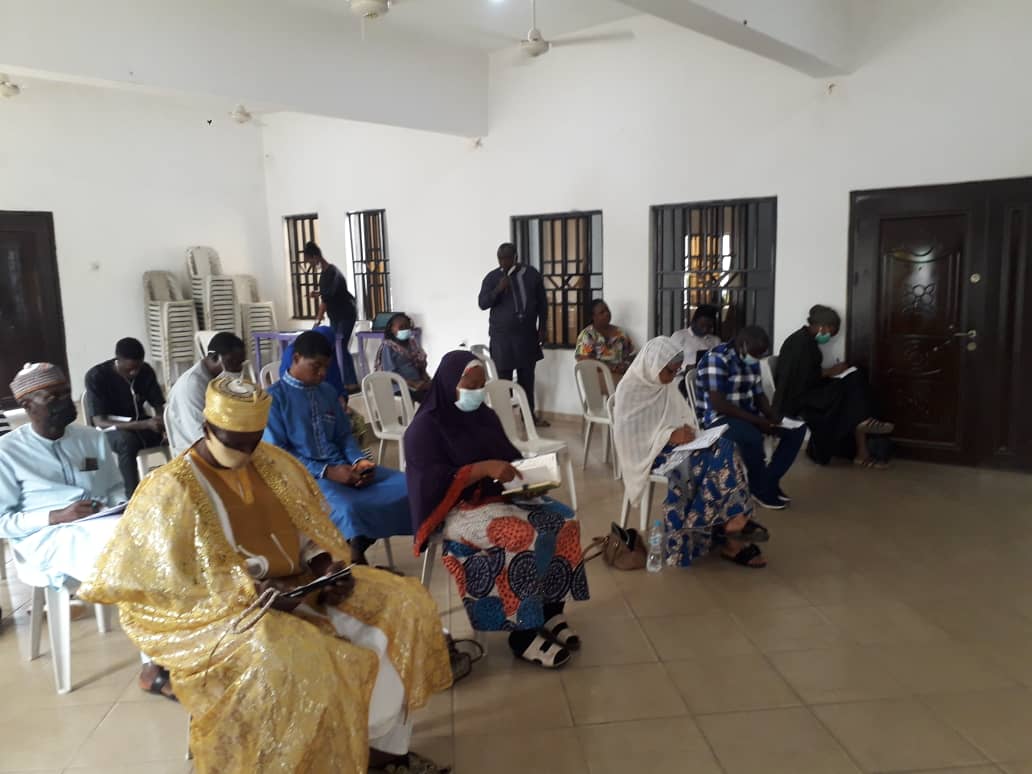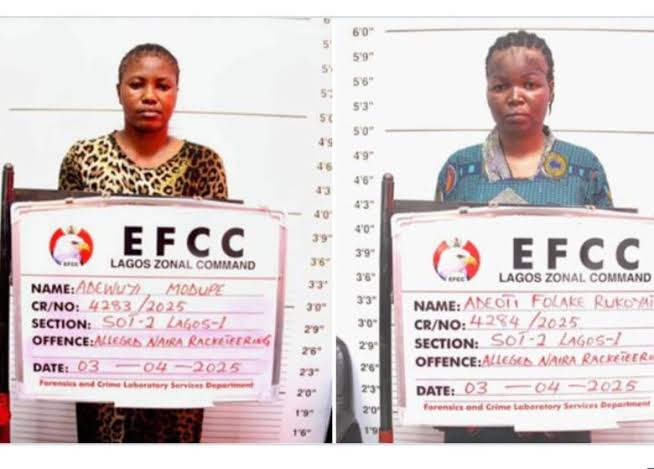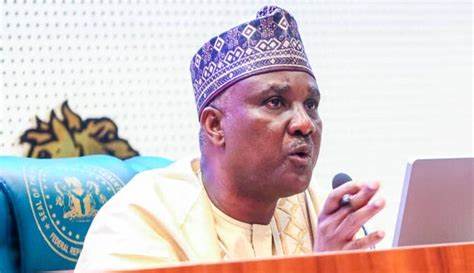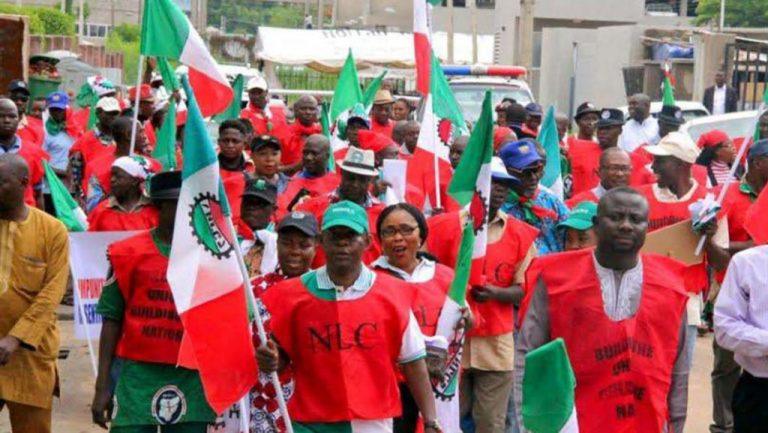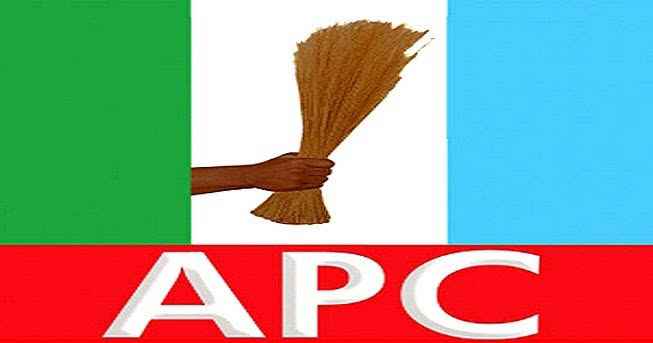ACOMIN seeks more government support on malaria intervention
Association of Civil Society Organization on Malaria Control, Immunization and Nutrition (ACOMIN) had sought more government support on community involvement in the development of health facilities in Kwara State.
The State Coordinator of ACOMIN, Mr. Femi Olatunbosun, while speaking during a program held at the NUJ building along Offa Road in Ilorin on Wednesday, 9th of July, said the association aimed at enlightening the public on the proper management of malaria and other related issues as well, sought more support from the government at all levels across the country.
As part of a national effort to address the challenges of Malaria in Nigeria, ACOMIN has been re-engaged by Catholic Relief Services (CRS) under the ongoing Global Fund (GF) Malaria Grant to continue implementing the civil society component, having successfully done this from 2019 to 2020.
Meanwhile, ACOMIN is determined to get input from service providers, recipients of services, and the affected communities in a routine and systematic manner that will translate into action and change.
According to the state program officer for ACOMIN, Folake Iseyemi, the initiative is focused on availability, and access to quality of malaria services; improved budgetary appropriation and community investment; and improved human resources for health.
During a media briefing in Kwara State, it was gathered that ACOMIN is working in close collaboration with the Ministries of Health, Malaria Elimination Programme, Primary Health Care Development Agency (PHCDA) and Roll Back Malaria project in the thirteen (13) states; as well as CRS, Society for Family Health, Management Sciences for Health, Malaria Consortium, the mass media and other relevant stakeholders.
It was also revealed that: “According to the Global Fund (GF), Nigeria has the biggest malaria burden globally with about 61 million estimated cases recorded annually. This speaks to why to date, GF has invested over US$2.6 billion in Nigeria for malaria, tuberculosis and HIV/AIDS interventions. More recently, the Global Fund allocated the sum of US$900 million for these interventions in Nigeria – an improvement of about US$200 million from the last grant.”
ACOMIN stated during the media brief: “We have so far achieved tremendous results on the above by involving the communities in monitoring and taking ownership of their health outcomes.
“Some of the most recent successes recorded on the CLM project in the state include the following:
Grading of Jebba Specialist Hospital, through community efforts by CAPTEC
Supply of IPT to Sapati-Ile PHC, Asa LGA through CBO (LCCDF) follow-up visit to MoH; Clearing of bushes around PHC, Sapati-Ile and fixing a banner for easy identification of the facility by community members and other visitors.
Increase in patronage in Omoda PHC, Ilorin West LGA by ARHHF; Behavioral change of community members now sleeping in treated mosquito nets in Ilofa, Oke-Ero LGA by OSPHC; IVESS was able to settle disputes between the Health committee in Erinmope community, Oke-Ero LGA, as this will enhance community involvement in the development of the facility.
“Increase in knowledge at Laduba community, Asa LGA by LCCDF
Improved knowledge on causes, treatment and prevention of malaria and LLIN usage in Oke-Opin and Etan community, Ekiti LGA by HTF; RHHF was able to mobilize Gboro community, Edu LGA to make a signpost for their facility.
Cutting of big tree blocking the facility at Gboro PHC, Edu LGA by the community through RHHF; Outstanding PHCN bill paid by the community through the effort of Belawu Ajoke Foundation at Tanke PHC, Ilorin South LGA.
“Replacement of Tanke PHC entrance door by SPHCDA through Belawu Ajoke Foundation effort. Leaking and spoilt roof replaced by MoH through effort made by Belawu Ajoke Foundation.
Fumigation of health facility premises by Tanke community, Ilorin South LGA.
Reconnection of Ijagbo Comprehensive Health Centre electricity by the community after the facility light was disconnected by PHCN.
“This was made possible by WOYODEV effort. Pregnant women who had not received their LLINs for over 6 months were able to get them through the intervention of WECTIN; WECTIN was able to facilitate the clearing of Gbosun PHC environment that was bushy by involving the community. Donation of BP apparatus and stethoscope to PHC Jalala, Tanke by Belawu Ajoke Foundation.”
ACOMIN who spoke on how the organisation intend to utilize the grants it received said, “the next phase of the grant is being implemented in the thirteen (13) GF supported states (Kaduna, Kano, Katsina, Jigawa, Kwara, Niger, Taraba, Gombe, Yobe, Adamawa, Ogun, Osun and Delta States). The scope of the project in these states covers 8 LGAs per State (104 LGAs across 13 States) and 2 CBOs per LGA (16 CBOs per state, 208 CBOs across 13 States). In Kwara state, the selected LGAs are Ilorin West, Ilorin South, Asa, Edu, Offa, Oyun, Oke-Ero and Ekiti LGA.
“The new grant is referred to as the New Funding Model 3 (NFM 3), it is a continuation from the last phase implemented between 2018-2020 called NFM 2. NFM 3 is going to run from 2021-2023. ACOMIN on the new grant will continue with implementation of activities from NFM 2.
“In this phase of the grant, the Project will be referred to as Community Led Monitoring (CLM). Community-led monitoring (CLM) is a technique initiated and implemented by local community-based organizations and other civil society groups, affected groups or other community entities that gathers quantitative and qualitative data about services.”
Meanwhile, ACOMIN explained some of the challenges it needed to address in its’ next phase of the project.
“Malaria primarily affects the individuals living within communities, and as such, the individuals and communities need to be the center of interventions that aim to reduce the burden of the disease.
In addition, to achieve a better result in this phase of the project, several challenges need to be addressed, namely: Shortage of staff Redistribution of health workers and allowance for rural health workers Community participation, involvement and ownership.
“Provision of PPEs for health workers against COVID 19; Renovation of dilapidated buildings; Intensifying awareness on Covid 19 into different local dialects across the state. Extension of Basic Healthcare Provision Fund for other facilities across the state,” it expressed.
The Informant247 news

